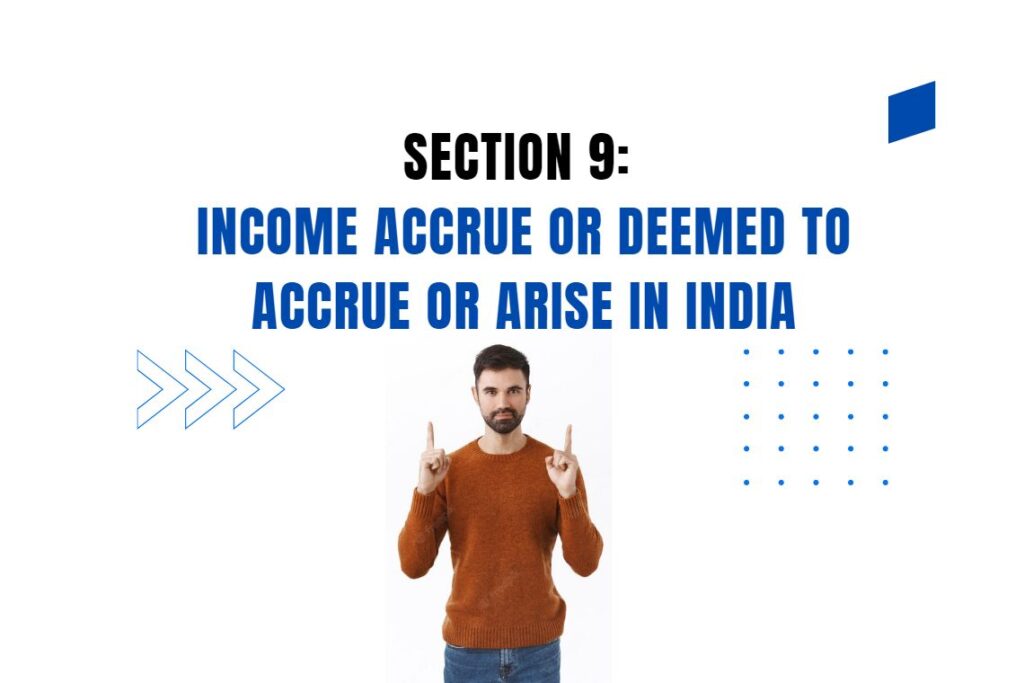When it comes to retirement planning, superannuation funds play a crucial role in providing financial security. In India, the Income Tax Act, 1961, allows for certain exemptions and benefits for payments received from approved superannuation funds under Section 10(13).
Section 10(13) of the Income Tax Act provides tax benefits on payments received from approved superannuation funds. It states that any payment received by an employee from an approved superannuation fund, whether in the form of a lump sum or as an annuity, is exempt from income tax.
An approved superannuation fund refers to a fund that has been recognized and approved by the Commissioner of Income Tax. These funds are typically set up by employers for the benefit of their employees and are meant to provide a source of income during retirement.
According to Section 10(13) of the Income Tax Act, 1961, any payment from an approved superannuation fund is exempt from tax, provided that it is made:
(i) on death of a beneficiary; or
(ii) to an employee in lieu of or in commutation of an annuity on his retirement at or after a specified age or on his becoming incapacitated prior to such retirement, or
(iii by way of refund of contributions on the death of a beneficiary; or
(iv) by way of refund of contributions to an employee on his leaving the service in connection with which the funds is established otherwise than by retirement at or after a specified age or on his becoming incapacitated prior to such retirement, to the extent to which such payment does not exceed the contributions made prior to the commencement of this Act (i.e. 1.4.1962) and any interest thereon; or
(v) by way of transfer to the account of the employee under a pension scheme referred to in section 80CCD and notified by the Central Government. [Clause (v)]
If the payment is made for any other reason, it will be taxable in the hands of the employee as “income from other sources”.
Conditions of Exemptions:
There are certain conditions that need to be fulfilled to avail the benefits under Section 10(13).
- Firstly, the fund must be approved by the Commissioner of Income Tax. This means that the fund must meet the criteria set by the tax authorities in terms of contributions, investments, and overall management.
- Secondly, the payment must be received by the employee upon retirement, resignation, or termination of employment. The purpose of the payment should be to provide a source of income during the employee’s retirement years.
- The fund must be an approved superannuation fund.
- The payment must be made to an employee or pensioner.
- The payment must be made from the corpus of the fund.
Benefits of Approved Superannuation Funds
Here are some of the benefits of Approved Superannuation Funds:
- Tax-free contributions
- Tax-free growth of investments
- Tax-free withdrawals
- Portability of benefits
- Flexibility to choose between lump sum and annuity payments
Examples of Exemptions:
Here are some examples of payments from an approved superannuation fund that are exempt from tax under Section 10(13):
- Lump sum withdrawal on retirement.
- Annuity payments received after retirement.
- Death benefit paid to the heirs of the employee.
- Refund of contributions on the death of the employee.
- Disability benefit paid to the employee.



![Residential Status [Sections 5 to 9B]](https://incometaxmanagement.in/wp-content/uploads/2023/09/Residential-Status-Sections-5-to-9B-1024x683.jpg)

![EXEMPTED INCOMES [Section – 10, 10AA, 11 to 13A]](https://incometaxmanagement.in/wp-content/uploads/2023/09/Exempted-Incomes-Section-10-1024x683.jpg)

![Income of an Electoral Trust shall be Exempt [Section 13B]](https://incometaxmanagement.in/wp-content/uploads/2023/10/61-Exempted-Incomes-Section-13B-1024x683.png)
![Incomes of Political Parties [Section-13A]](https://incometaxmanagement.in/wp-content/uploads/2023/10/60-Exempted-Incomes-Section-13A-1024x683.png)
![Special Provisions in respect of Newly-established Units in Special Economic Zones (SEZ) [Section-10AA]](https://incometaxmanagement.in/wp-content/uploads/2023/10/59-Exempted-Incomes-Section-10AA-1024x683.png)
![Exemption in respect of income chargeable to Equalization Levy [Section 10(50)]](https://incometaxmanagement.in/wp-content/uploads/2023/10/58-Exempted-Incomes-Section-1050-1024x683.png)
![Income of a Developmental Financing Institution (DFI) to be Exempt [Section 10(48E)]](https://incometaxmanagement.in/wp-content/uploads/2023/10/57-Exempted-Incomes-Section-1048E-1024x683.png)
